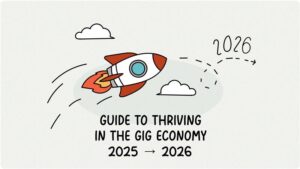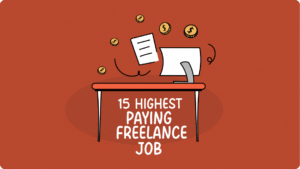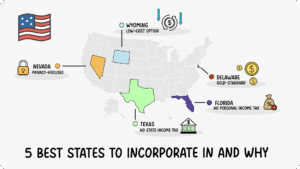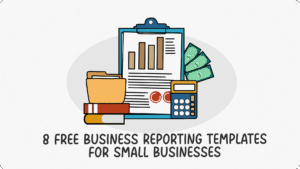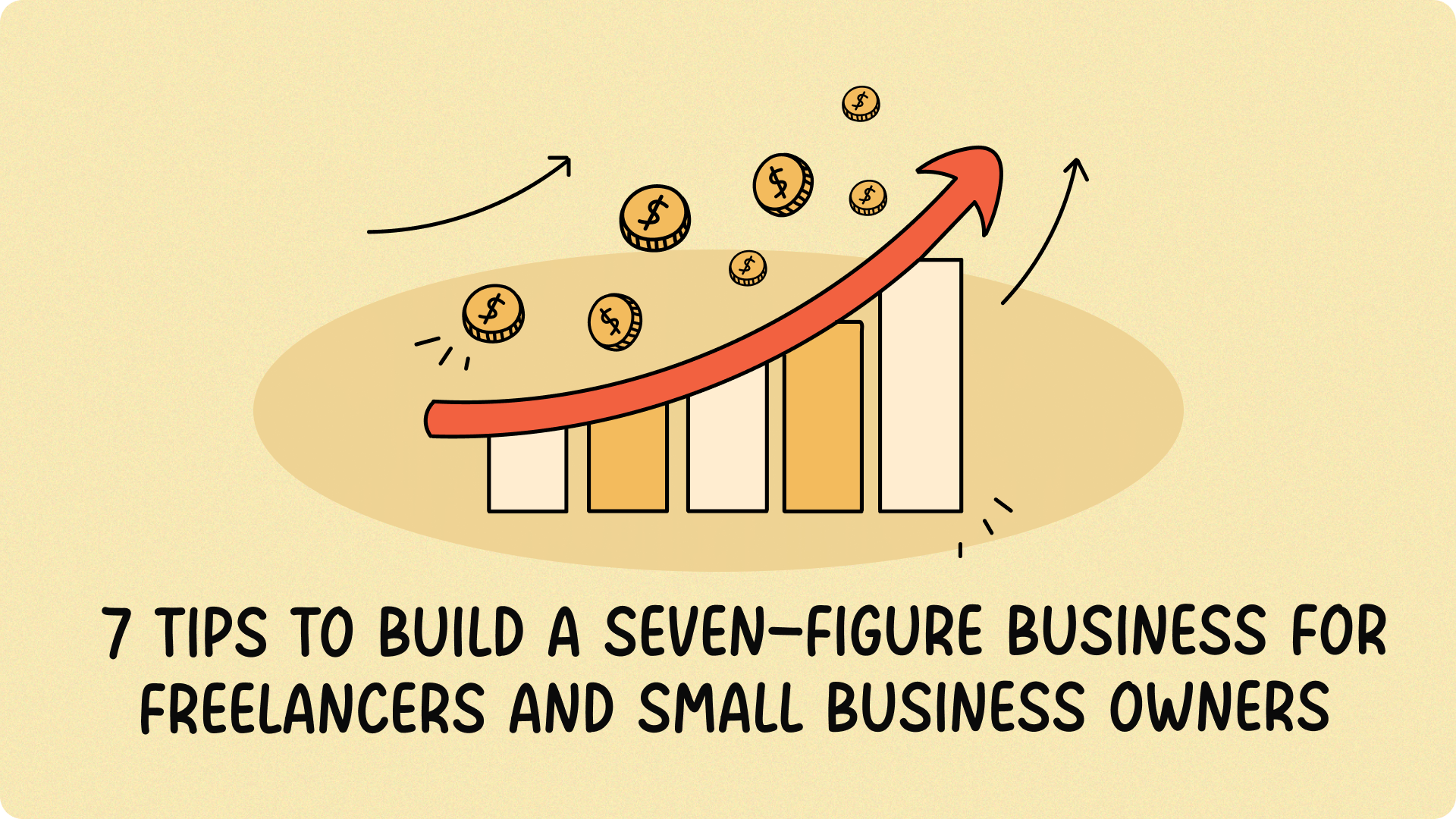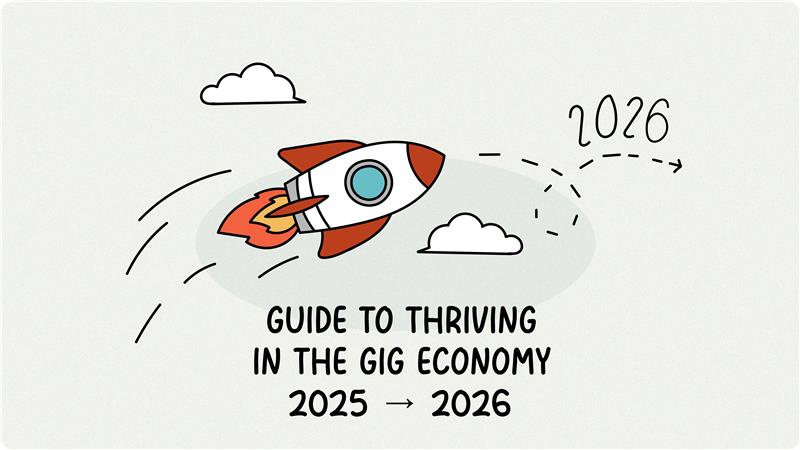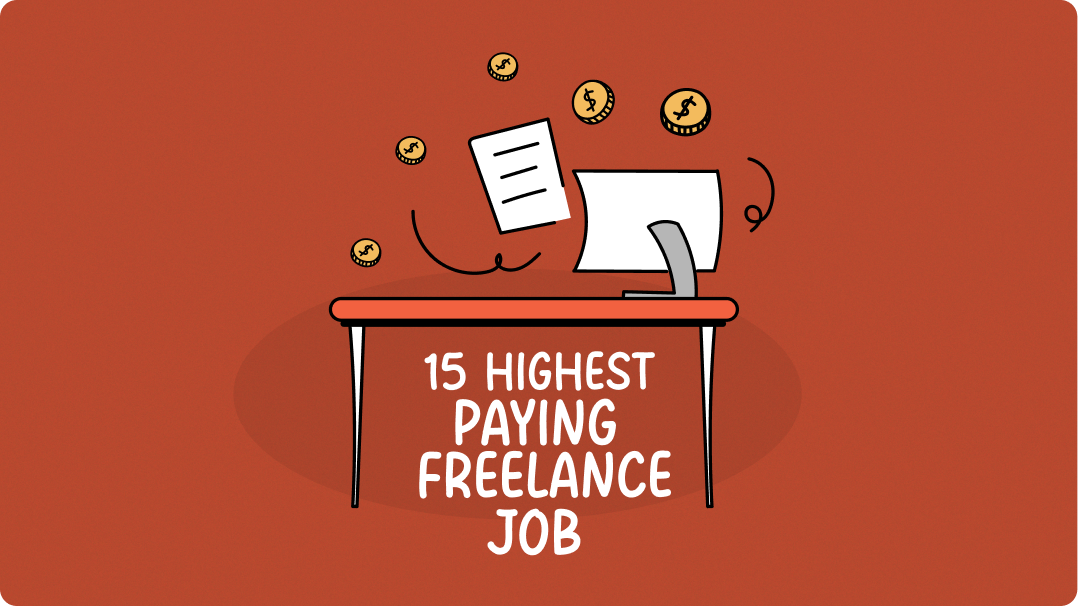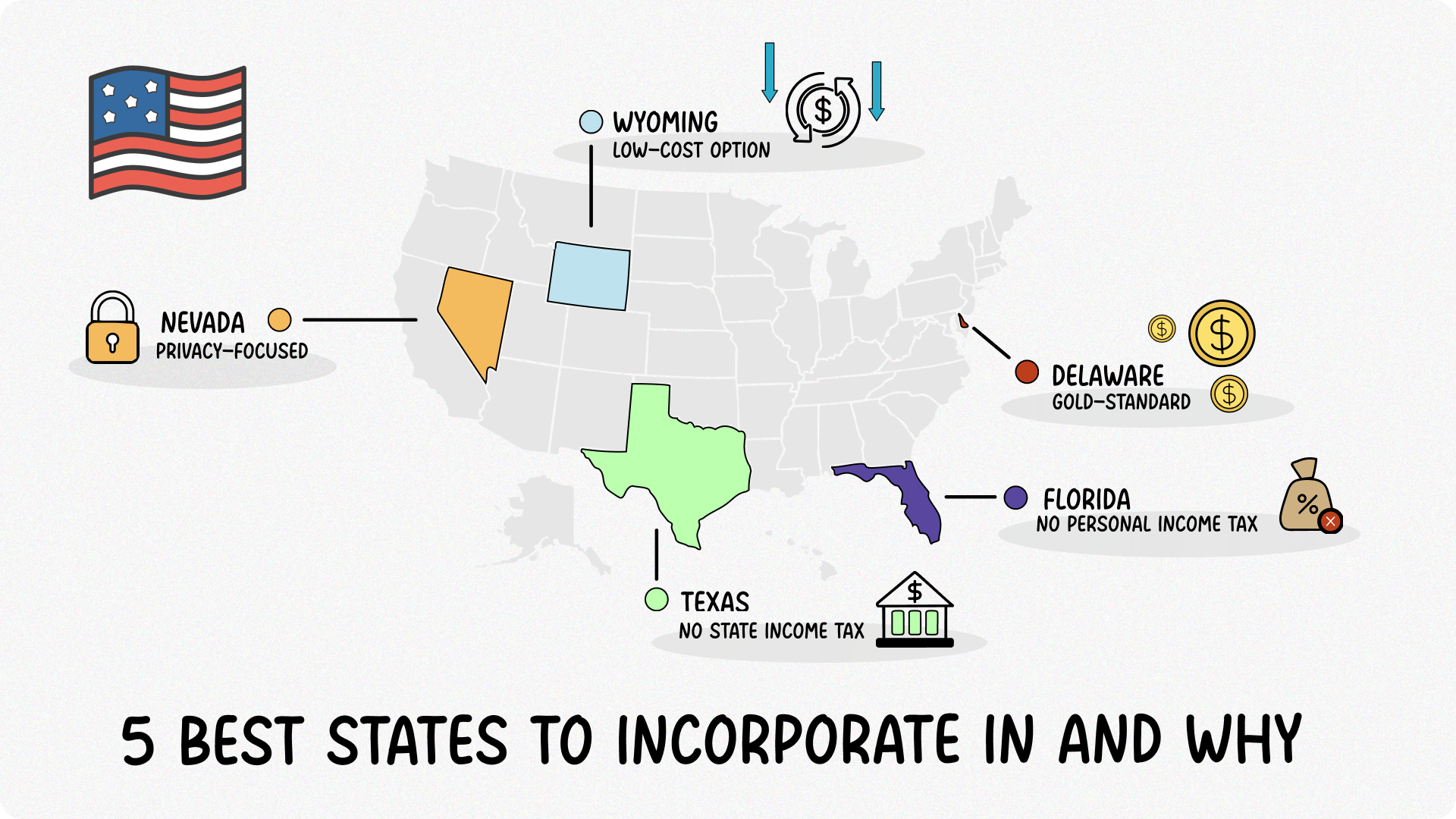Growing a business beyond the early stages is a constant evolution. In the beginning, success comes from sheer hustle, saying yes to every opportunity, learning on the fly, and doing whatever it takes to get paid. But at some point, the same approach that helped you grow becomes the very thing that holds you back.
The truth is, the jump from six to seven figures is not about working more hours. It is about shifting how you think, how you operate, and how you structure your business so it can grow without depending on you for every task. This is the moment when you stop being the person who does the work and start becoming a builder of a business that can scale.
Here are seven practical, human, and sometimes uncomfortable tips to guide you toward the one million dollar milestone.
Tip 1: Treat Adaptability as a Daily Habit
If there’s one thing guaranteed in business, it’s change. The strategy that helped you thrive two years ago might barely move the needle today. AI has transformed how service businesses operate, client expectations are evolving, and new competitors appear overnight.
A seven-figure business isn’t built by clinging to what used to work. It grows because the owner stays curious, open, and willing to adjust. Adaptability doesn’t mean chasing every trend; it means evolving your offers, systems, and approach before the market forces you to.
Tip 2: Be Honest With Yourself (Even When It’s Uncomfortable)
A powerful trait shared by successful founders is intellectual honesty. It’s the ability to look at your business with clear eyes, even when the truth stings a little.
Review your numbers and ask the hard questions:
• Which clients are truly profitable?
• Where are we losing time, money, or energy?
• Is this offer still relevant?
Honest evaluation doesn’t make you pessimistic. It makes you intentional, and that precision fuels smarter decisions as your business scales.
Tip 3: Make Clients Feel Seen, Not Sold To
You don’t need the flashiest sales pitch to grow; you need empathy that makes clients feel genuinely understood.
Before a meeting, don’t just rehearse your offer. Learn about the client, their industry, their recent wins or challenges, and what truly matters to them. Ask thoughtful questions. Listen more than you talk. Tailor your solution like it was built just for them.
Clients stay longer, spend more, and refer better when they feel seen and supported, not pushed.
Tip 4: Write Things Down (Your Future Team Will Thank You)
A freelancer sells time. A business sells a repeatable experience that doesn’t depend on one person.
The moment you find yourself repeating a task, it’s ready to be documented. Create simple Standard Operating Procedures (SOPs) so anyone can deliver the same level of client experience. SOPs reduce errors, speed up onboarding, and turn your know-how into real business value.
Someday, these processes might be what makes your company sellable or scalable.
Tip 5: Start Delegating Before You Feel Ready
If you’re doing everything yourself, growth will always hit a ceiling. Delegation isn’t about handing off tasks; it’s about handing off ownership.
Instead of hiring someone to “help with admin” or “post on social media,” look for people who can manage an entire function. Free up your time for what only you can do: strategy, relationships, product innovation, and growth. That’s where seven-figure leaps are made.
Tip 6: Say What You Mean and Follow Through
High-trust communication is one of the most underrated growth engines. In a world where many over-promise and under-deliver, doing what you said you would do instantly sets you apart.
Clients remember how you make them feel. Teams stay when they feel respected. Partners refer you when they trust you. Marketing gets attention, but relationships build momentum.
Tip 7: Treat Failure as Feedback, Not a Full Stop
Not every offer will sell. Not every hire will work out. Not every idea will land. That’s normal for any business growing to seven figures.
The difference is how you respond. Instead of letting a setback derail you, ask:
• What did this teach me about timing, audience, offer, or pricing?
• What would I adjust next time?
Resilience isn’t avoiding mistakes; it’s refusing to repeat them.
Your Next Move: Get Clarity Behind the Scenes
Many founders stay stuck not because of lack of ambition, but because their financial picture feels overwhelming or unclear. The moment you understand your numbers, everything becomes easier: pricing, hiring, investments, and planning for growth.
You don’t need to untangle it alone.
Schedule a Fynlo demo and get a clear view of your finances so you can scale with confidence and less stress.
You may also like these articles:
